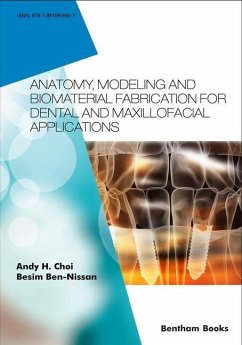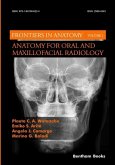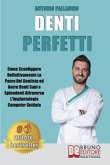Ceramics have been used as biomaterials for oral and maxillofacial applications due to their excellent bioactivity, high hardness and wear resistance. One of the key drawbacks of synthetic implants is their failure to adapt to the local tissue environment. Improvements in reliability and biocompatibility of implants and prostheses can be achieved through surface modifications including the use of biomaterial thin films and nanocoatings.This book provides readers with information about dental implants and biomaterial fabrication for maxillofacial procedures and dental bone / tissue repair. It is an ideal reference for medical and dental students and professionals (dentists, oral and maxillofacial surgeons, orthopedic surgeons, prosthodontics) who are involved in implantology and tissue engineering. It will also provide valuable insights into the application and production of bioactive materials for any researchers and apprentices in materials science and biomedical engineering.Key Features: provides basic insights into the structure of bone and the functional anatomy of the skullfocuses on the applications of mathematical and computerized modelling methodology such as finite element analysis (FEA) in functional loading deformations in dental implant designprovides comprehensive coverage on the types of bioceramics and surface modifications currently used in dentistrypresents information about dental implant production and testing techniques including 3D printing, CAD/CAM technology, and nanoindentation testing
Hinweis: Dieser Artikel kann nur an eine deutsche Lieferadresse ausgeliefert werden.
Hinweis: Dieser Artikel kann nur an eine deutsche Lieferadresse ausgeliefert werden.








